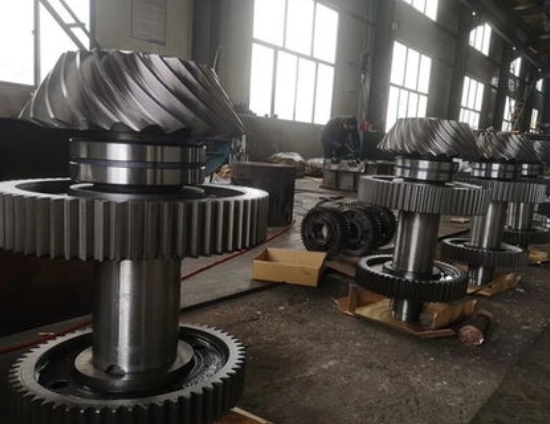
In the realm of industrial manufacturing, gearboxes play a pivotal role, especially in various production equipment and mechanical transmission systems, where their critical function is highly valued. This article explores the application aspects of gearboxes in this field, elucidating how they enhance production efficiency and adapt to diverse manufacturing needs.
1. Key Driving Force for Production Equipment:
As a crucial driving force for production equipment, one primary task of gearboxes is to lower output speed while simultaneously increasing output torque. Taking the example of fans, ubiquitous in many industrial sectors, proper configuration of gearboxes allows fans to more effectively draw in atmospheric air, enhancing ventilation and creating a better working environment on the production floor.
2. Optimization of Driving Force for Pumping Equipment:
In processes involving pumping equipment, the application of gearboxes allows pumps to adjust their speed to meet varying fluid flow requirements. This flexibility enables pumps to adapt to specific production tasks, whether in liquid transport, pressure control, or chemical processing, achieving efficient liquid handling and transport.
3. Precision Control for Agitators:
In industries such as chemical, food processing, and pharmaceuticals, precise control of agitators is paramount for product quality. Gearboxes, through the adjustment of agitator speeds, ensure uniform mixing during agitation processes, enhancing product consistency and quality. This is crucial for processes involving liquid blending, material stirring, and other production procedures.
4. Efficient Operation of Compressors:
In the field of gas compression, the application of gearboxes provides the essential power transmission for compressors. Through gearbox speed adjustment and increased torque, compressors can efficiently carry out the compression of gases. This is instrumental in refrigeration, air conditioning systems, and various gas processing applications in industrial production.
5. Enhancing Production Efficiency:
Considering the aforementioned applications, gearboxes act as key contributors to the efficiency of production equipment and mechanical transmission systems. Through well-designed transmission, production equipment can better adapt to different processes and production requirements, improving the stability and flexibility of production lines.
6. Adapting to Diverse Production Needs:
Due to varying production tasks and process requirements, production equipment needs to undergo flexible adjustments in terms of output power, speed, and torque. The application of gearboxes enables this flexibility, making it possible to adapt to a myriad of production needs. This is particularly crucial in addressing the highly personalized and customized demands prevalent in modern industrial production.
Conclusion:
In the complex environment of industrial production, the application of gearboxes undoubtedly stands out as a key factor driving the enhancement of production efficiency and flexibility in production equipment. Through their ingenious application in production equipment and mechanical transmission systems, gearboxes provide reliable power transmission solutions across industries, injecting a powerful driving force for innovation and progress in industrial production.
 English
English Deutsch
Deutsch Русский
Русский Español
Español
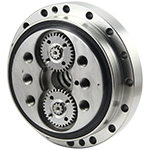
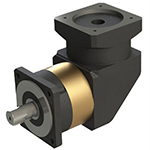
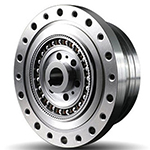
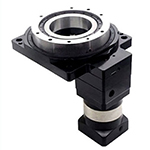
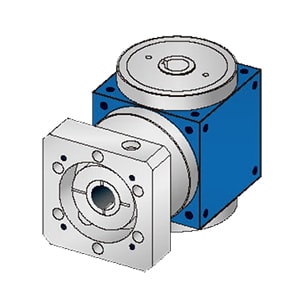
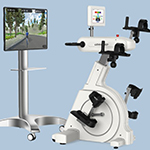
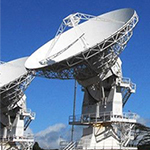
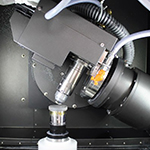
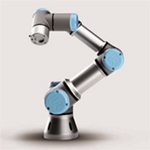
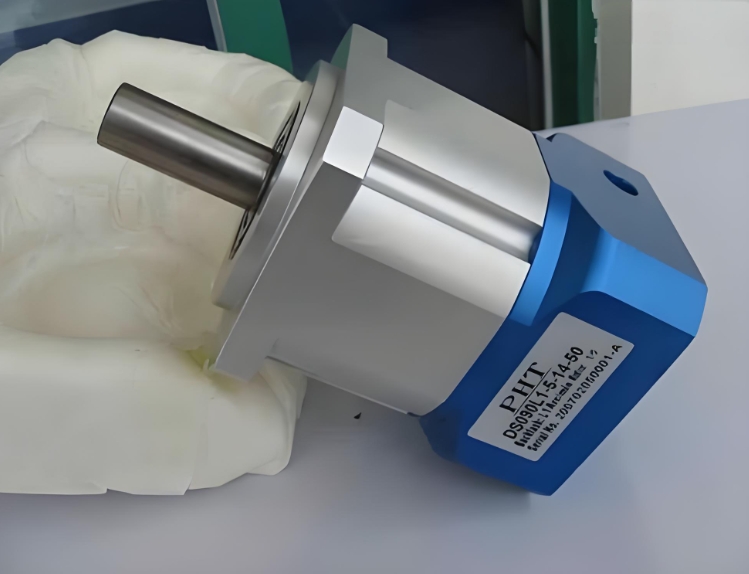
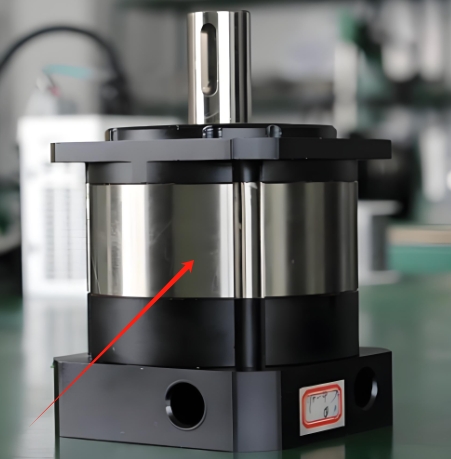
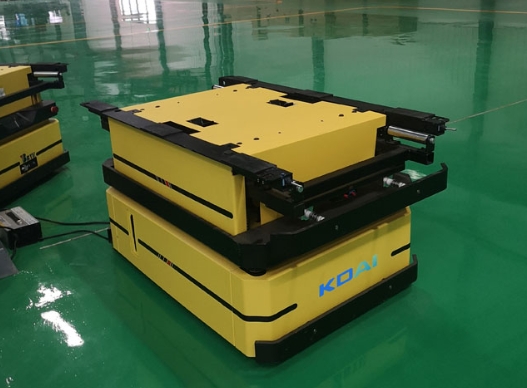
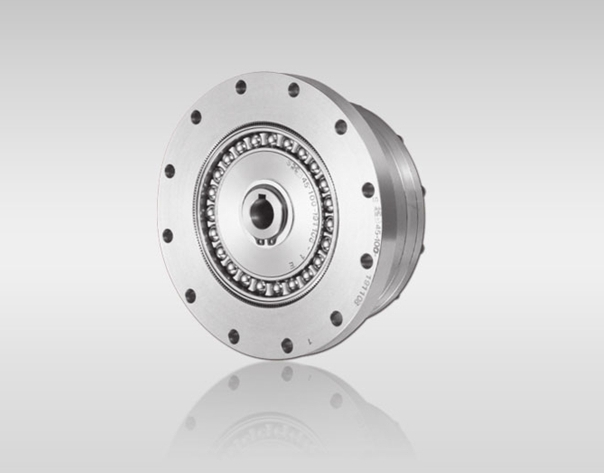
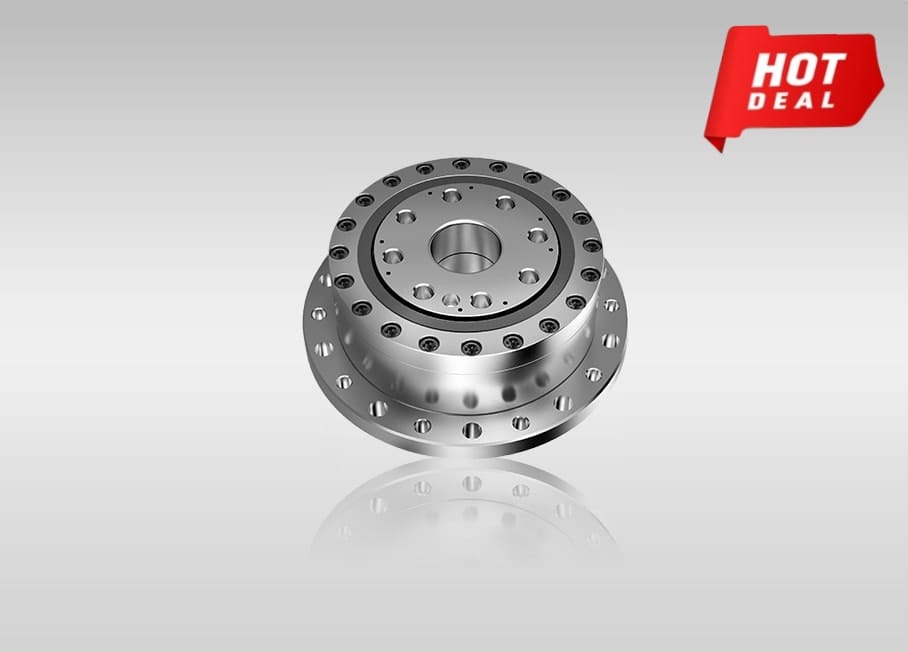
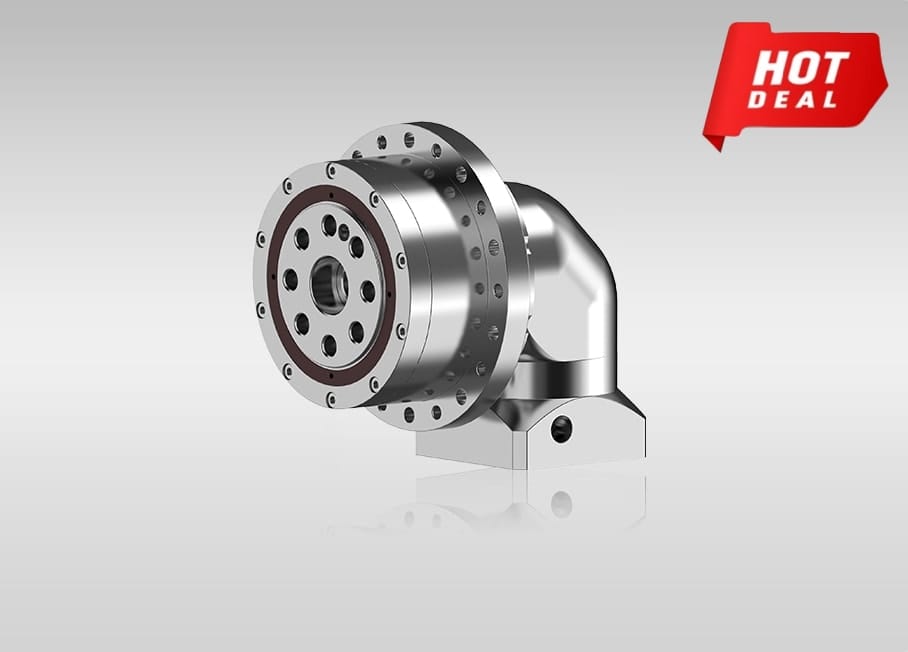
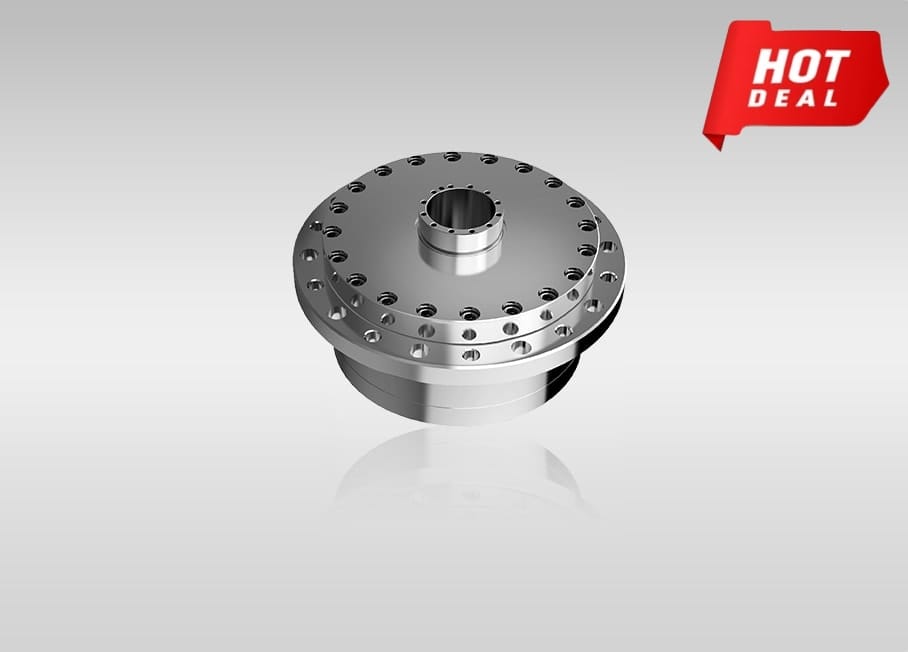
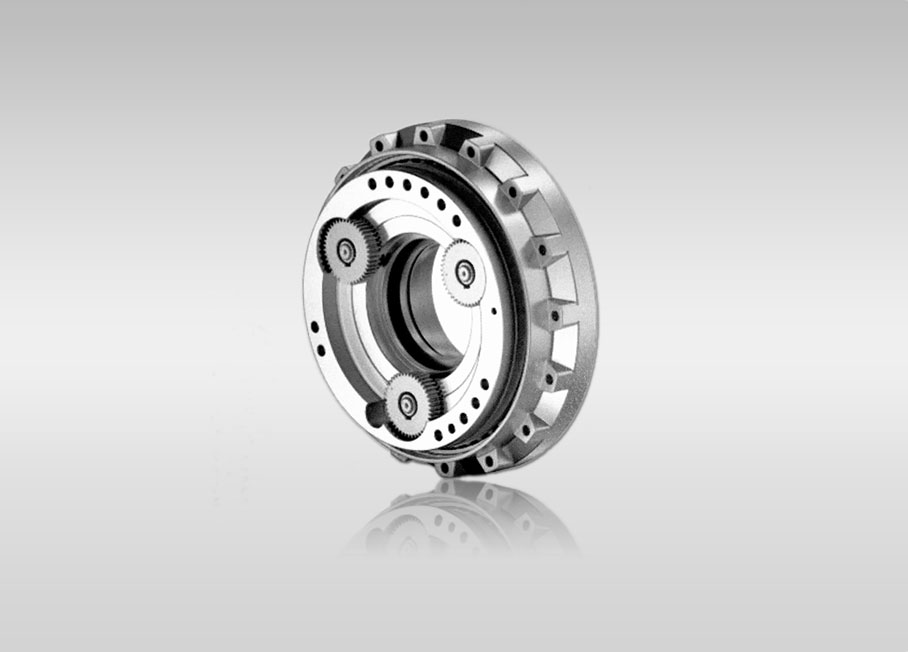
Quote Now